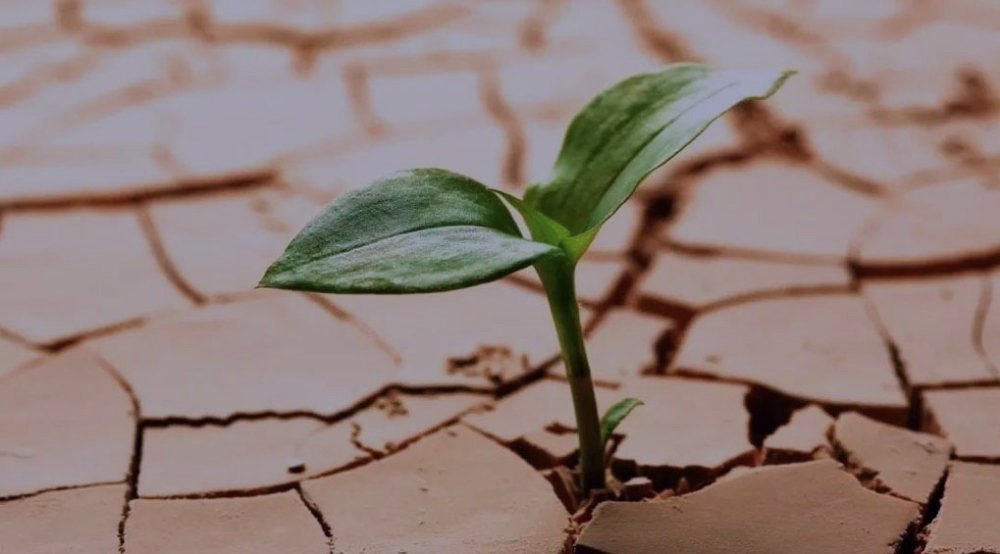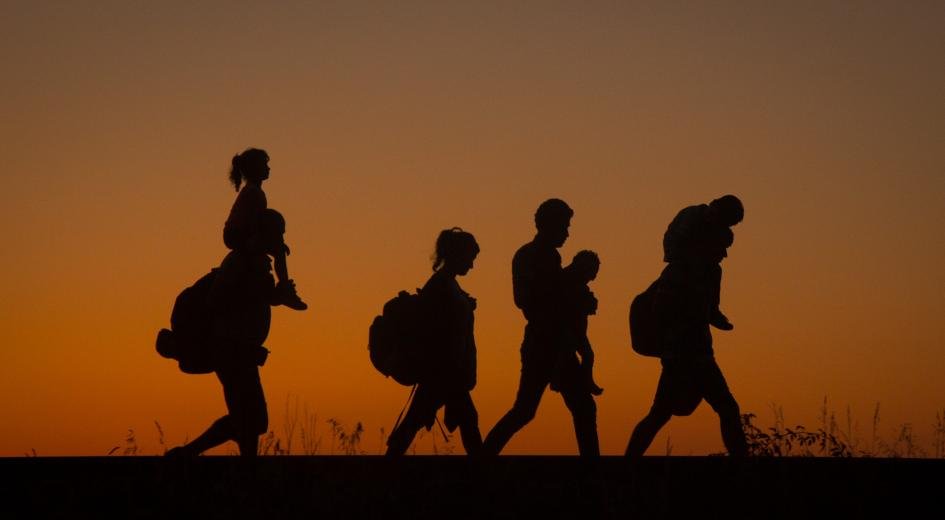
TRAUMA
Trauma is any type of experience that overwhelms our ability to cope in the moment. Trauma dysregulates our nervous system, which manifests in dis-ease in our bodies and our relationship to ourselves and to others. Unprocessed trauma can give rise to negative emotions and limiting self-beliefs connected to those negative experiences. Using EMDR, the most advanced, evidence-based trauma therapy, combined with mindfulness and IFS techniques, we will process the negative emotions associated with your traumatic experiences. The memories remain, but they no longer hold emotional power over you in a distressing way. Limiting self-beliefs are then reshaped into positive beliefs that support and empower you. Working together, you will return to a sense of balance and vitality.

GRIEF & LOSS
If we are to experience love in this lifetime, we are bound to experience grief at some point. Grief is a natural response to loss, be that loss a physical death, the end of a relationship or job, or a phase of life. We can be at greater risk for complicated and prolonged grief when the loss is sudden, unexpected, or unresolved. Because time does not “heal all wounds,” EMDR therapy alleviates suffering and puts the healing back on track. EMDR therapy does not eliminate our natural and appropriate response to grief, and it will not erase our memories; instead, it allows people to grieve with a sense of inner peace. Together, we can restore your sense of resolve and invite comfort to balance the grief.

CULTURAL TRAUMA
“Trauma in a person, decontextualized over time, looks like personality. Trauma in a family, decontextualized over time, looks like family traits. Trauma in a people, decontextualized over time, looks like culture.”
Resmaa Menakem
Cultural trauma is cumulative emotional and psychological wounding over the lifespan and across generations. It emanates from massive group trauma such as when members of a community sharing the same skin color, gender, ethnicity, creed, etc. are subjected to a horrendous event that leaves indelible marks upon their group consciousness and marks their future identity in fundamental and irrevocable ways. Examples include a history of subjection to totalitarian control over a prolonged period, experiences of enslaved people, hostages, prisoners of war, and survivors of some religious cults. Trauma is held personally and transmitted over generations. Historical grief is the grief that accompanies cultural trauma. Together, we can heal the trauma, acknowledge and affirm your identity, and find meaningful ways to support your continued growth.

IMMIGRATION & FIRST-GENERATION
Instability. Microaggressions. Lack of resources. Violence. Oppression. These are some of the obstacles immigrants and refugees encounter in their process of adapting to this culture, known as acculturation. For some immigrants, this process can be swift and easy, but for many immigrants acculturation can be extremely stressful, impacted by discrimination, language barriers, financial struggles, changing gender roles and downward social mobility. Acculturative stress can be particularly difficult when the two cultures are in conflict. My work with you and your family creates safety, empathy, and processes the disconnection, trauma and loss experienced during acculturation to build a lasting connection between the original cultural heritage and the adoptive cultural values.



